Effective Strategies for Managing Hemorrhoids Comfortably
Written on
Understanding Hemorrhoids
After suffering from intense pain, itching, swelling, and bleeding around the anal area for a week, I made the decision to consult a local clinic.
"You have hemorrhoids, which are swollen blood vessels located around the anus or in the lower rectum. There are two kinds: internal hemorrhoids that form inside the lower rectum, and external hemorrhoids, which develop under the skin surrounding the anus. Based on your symptoms, you are dealing with external hemorrhoids," Dr. Ann elaborated.
She further discussed the potential causes of my condition, highlighting factors such as prolonged sitting, anal intercourse, constipation with straining during bowel movements, obesity, a low-fiber diet, heavy lifting, and chronic diarrhea.
Home Remedies That Help
Allow me to share how I successfully managed my external hemorrhoids based on my doctor's guidance. Warm baths are a widely recommended remedy for alleviating swelling and discomfort associated with external hemorrhoids. Spending about 30 minutes in a warm bath can significantly ease the pain. Some individuals opt to add Epsom salt to the bath, as its magnesium and sulfate content can help reduce inflammation in the area.
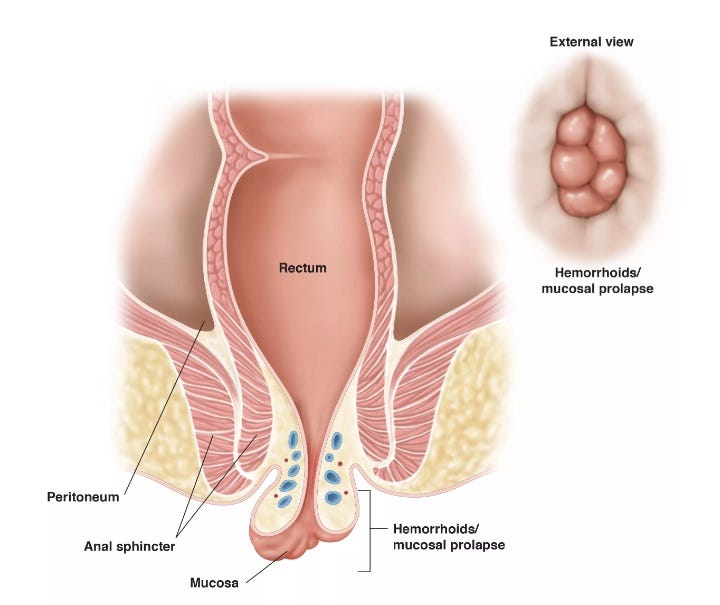
Post-Bowel Movement Care
Maintaining cleanliness after a bowel movement is crucial for preventing further irritation. Opting for moistened wipes or cotton pads instead of rough toilet paper can be gentler on the sensitive area. Avoiding scented toilet papers is also advisable to minimize irritation.

Cold Compresses for Relief
Applying ice packs wrapped in cloth can help diminish swelling and irritation associated with hemorrhoids. By using an ice pack for about 10 minutes daily, you can ease discomfort and support healing.
Note: Always wrap ice packs to protect the skin from direct contact, which can lead to damage.
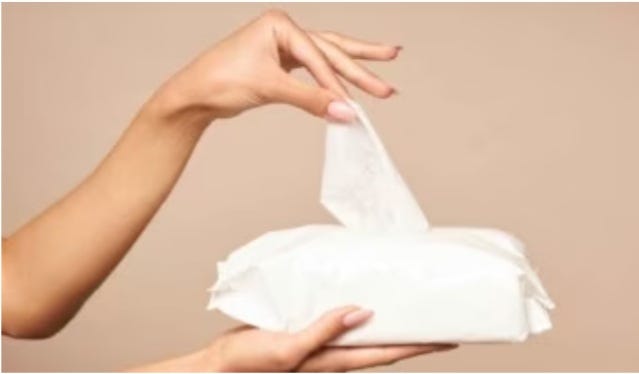
Pain Management Options
Over-the-counter pain relievers such as nonsteroidal anti-inflammatory drugs (NSAIDs), like Ibuprofen, can help alleviate symptoms including swelling in the anal region. These medications may reduce inflammation and pain, but it’s wise to consult a healthcare provider before starting any new treatment.
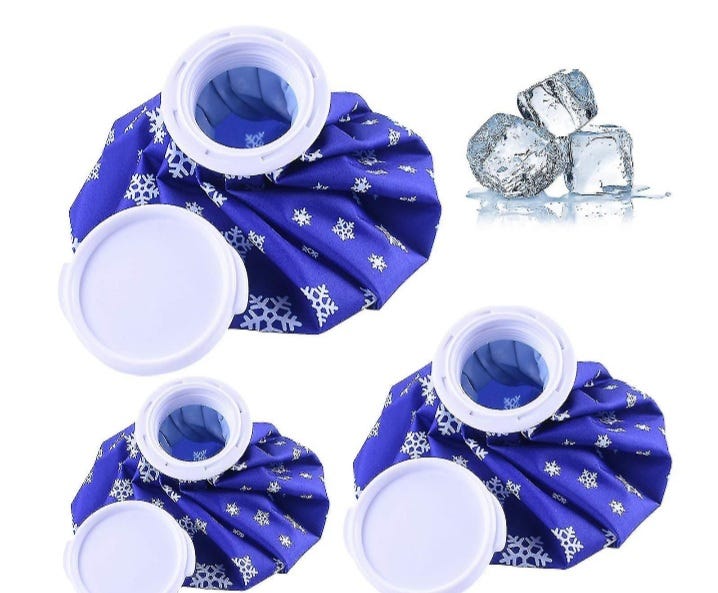
Caution with Pain Relievers
It's important to note that if your hemorrhoids are bleeding, pain relievers like aspirin can exacerbate the bleeding.
Topical Treatments
I applied hemorrhoid ointments externally three times daily—morning, afternoon, and before bed—to constrict blood vessels and reduce symptoms like swelling, burning, pain, and itching.
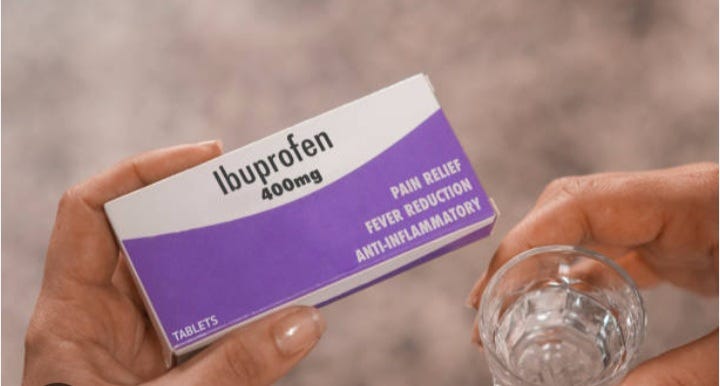
Fiber Intake and Hydration
Increasing fiber consumption is beneficial for managing hemorrhoids. Eating fiber-rich foods—like whole grains, legumes, vegetables, and fruits—can promote softer stools, making bowel movements easier. Staying hydrated by drinking water and clear liquids is also crucial for supporting a fiber-rich diet, helping to prevent constipation.
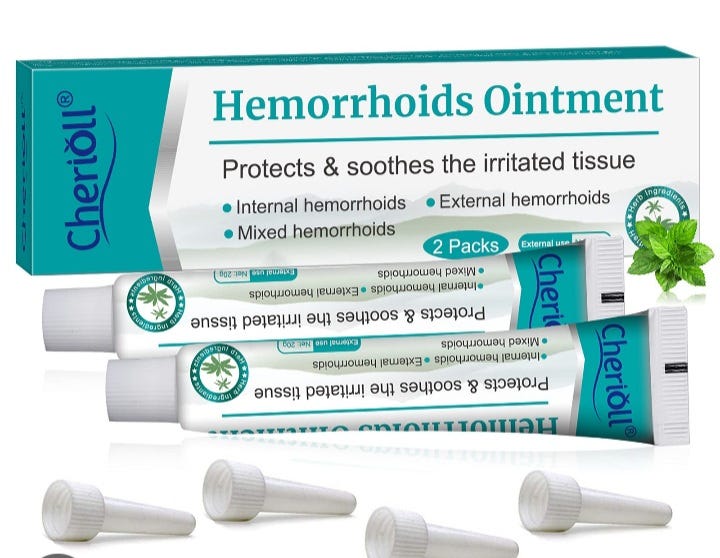
The Role of Exercise
Regular physical activity, including swimming, yoga, and cardio workouts, can alleviate pain, strengthen core muscles, and support digestive health.
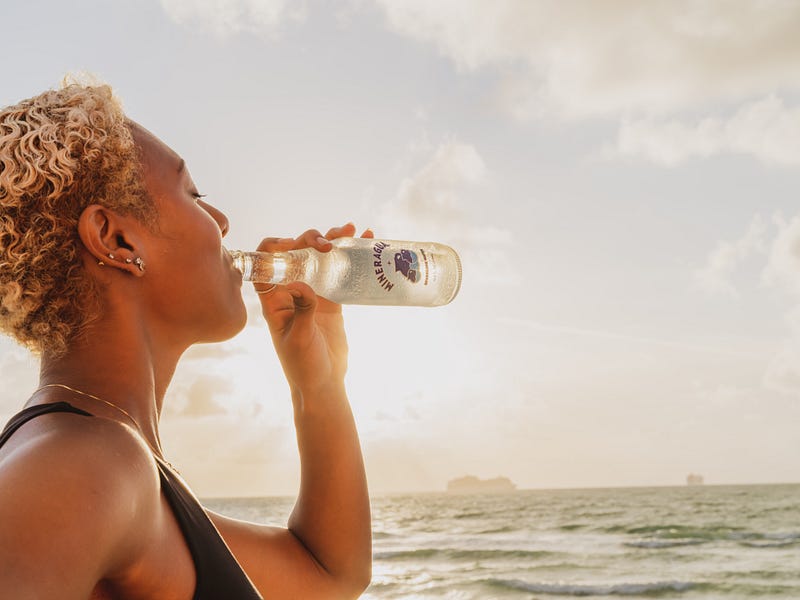
When to Seek Further Help
Typically, external hemorrhoids do not necessitate specific treatment unless they become painful or develop a clot. In most instances, they resolve independently within a few days.
I am grateful to be free from hemorrhoids and enjoying a better quality of life.
Important Videos for Further Understanding
This video provides insights on effective ways to eliminate hemorrhoids and the various treatment options available.
Here’s a light-hearted take on the topic that may offer some comic relief while addressing serious health issues.